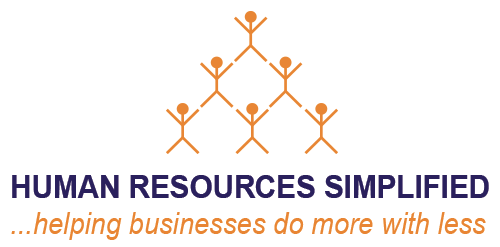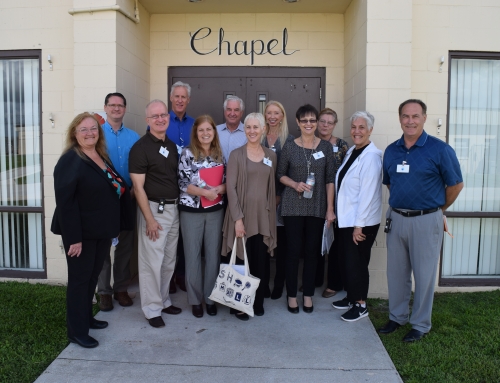How to Respond to Tragedy in Your Workplace originally published on the findtherightjobs website.
How to Respond to Tragedy in Your Workplace. When the worst happens, human resources managers are in a unique and important position, providing leadership to help employees heal emotionally and mentally. A tragedy in any workplace, such as the recent Navy Yard shooting in Washington D.C., the Newtown, Conn., school shootings, and other horrific situations can cause workers to be paralyzed with grief.
Some workers may not want to return to the actual workplace, choosing instead to resign and start over in a new job or new town. For those workers who remain, the steps that human resources managers take in early aftermath and following weeks and months are vital.
Normal operations cease, says Jean Juchnowicz, MBA, SPHR, CBM, a consultant and coach, who served as human resources director at Charlotte Regional Medical Center in Punta Gorda, Fla., when Hurricane Charley came through in 2004. The deadly storm also destroyed and damaged workers’ homes, and some of the steps she took then also can be applied to tragedies that occur in the workplace.
1. Be prepared for denial
Some employees may not want to believe the tragedy actually happened, and when denial happens, employees are numb and can’t continue to function. The emotional health of employees is crucial. Juchnowicz says: No matter what the job title or pecking order in the organization, the staff comes together with a unity of purpose to get through it as a team.
2. Address angry outbursts
Anger is another stage of grief, and as the company returns to work, angry outbursts can occur randomly at inanimate objects or co-workers. Human resource managers should recognize that anger has to be expressed to get through the process. Provide resources for the staff, such as an Employee Assistance Program, professional grief counseling, and positive daily email updates about recovery efforts after the tragedy.
3. Deal with depression
Recognize that some workers will question why they didn’t report someone’s threatening remarks earlier or what they could have done to stop the tragedy from occurring. Employees can be sad and regretful, and as a result they can struggle to be productive at work. Be more lenient than you would in normal operations. Talk to the employees who are struggling to gauge how they are doing and to see if they need additional help and counseling. The attitude should be: “We’re all in this together. We know it’s tough but we have to keep moving forward and time will heal.” In addition to the resources mentioned above, provide other outlets for them to move forward, such as visiting those injured or starting a charitable fund to collect donations for medical bills and funeral expenses.
4. Be available
Human resources managements must be visible and hands on during the aftermath of a tragedy. The functions of employee relations and benefits administration become critically important, Juchnowicz says. While the public relations staff is dealing with the public and the CEO is dealing with law enforcement and customers, human resources is there for the team as they travel the journey to recovery, she says.
5. Be prepared for turnover
Realize that some employees are not going to return to their jobs, because the memories and grief is too strong. “You’re going to have turnover. But you can’t immediately go out and hire people,” Juchnowicz says. “People don’t want to join a sad organization.”
Human Resources Simplified is an experienced and full-service human resources consulting company providing clients with strategic people and team planning, recruiting, training, mentoring and facilitating using consulting and coaching. If you have staff, we have solutions. Win the game of business with our specialists. Our team is focused on serving our clients Human Resources services in Sarasota, Bradenton, Lakewood Ranch, Venice and all along the Suncoast!

Jean (JJ in HR) is a certified senior-level human resources executive/consultant, adjunct professor, management trainer, professional speaker, resume writer, career coach, LinkedIn profile builder, and published author.










